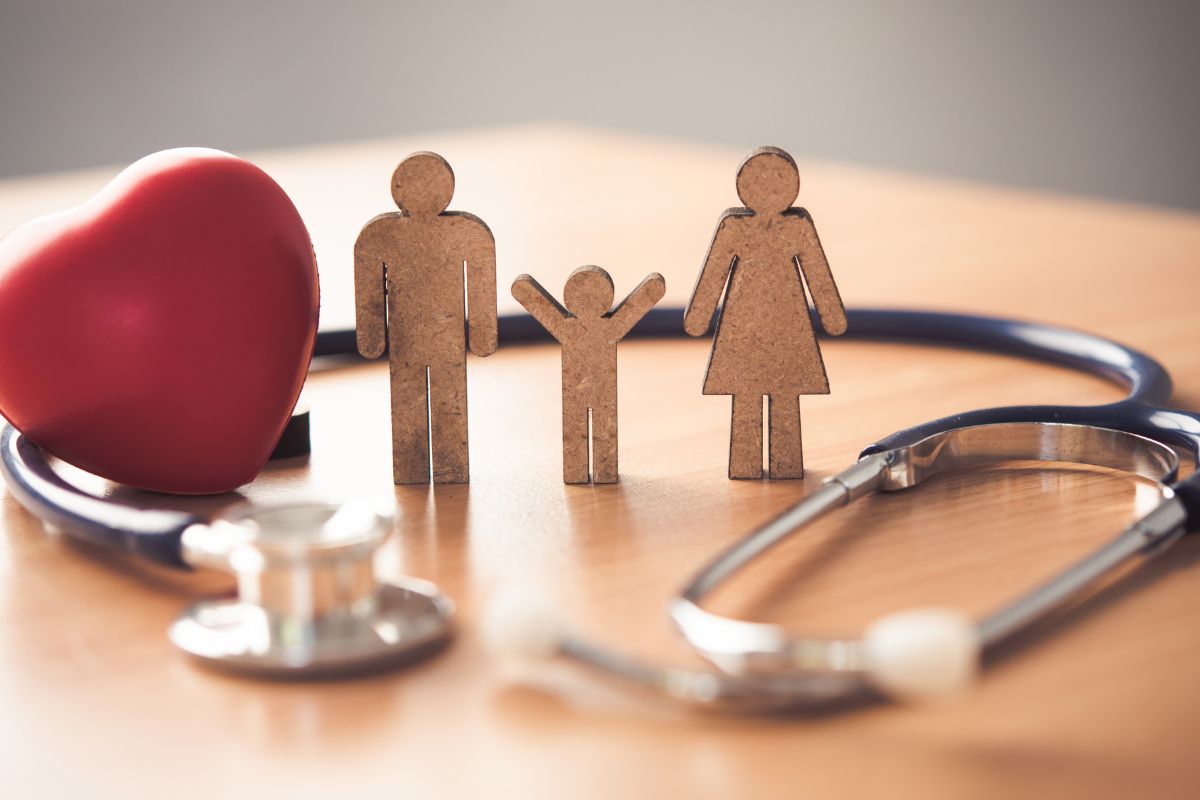Understanding Teen OCD: Forms & Support
Obsessive-compulsive disorder is a mental health condition that can cause a lot of distress and anxiety. In TV and movies, it usually looks like someone who is obsessed with cleanliness and order. But in reality, OCD can look very different for each person who experiences it. The term “complex manifestations” refers to the many different ways OCD can appear in someone’s life. Learning more about these complex manifestations can help you better understand and support those who are struggling with OCD.
If you think you may be seeing the symptoms of OCD in teens in your life, we can help you learn more about what to expect. Read on here for an overview of OCD today.
What Is Obsessive-Compulsive Disorder?
If you’ve heard of OCD, you might think that it’s all about being a neat freak or constantly washing your hands. But in reality, OCD is more complex than that. There are two forces that can cause symptoms of OCD in teens, including obsessions and compulsions.
- Obsessions are unwanted, intrusive thoughts that cause intense anxiety and distress.
- Compulsions are repetitive behaviors or actions that someone with OCD feels like they have to do to find relief from anxiety.
For example, someone might have an obsession with getting sick and constantly wash their hands as a compulsion. Or they may fear harming others and repeatedly check that doors are locked or appliances are turned off. Even though the person knows that their obsessions and compulsions are irrational, they still feel unable to resist them.
Complex Manifestations of OCD
What are some of the complicated ways OCD can show up? Here are a few examples of the symptoms of OCD in teens:
- Purely obsessional OCD, or “Pure O,” is when someone has obsessive thoughts but doesn’t show any obvious compulsions. For instance, they might have scary thoughts about hurting others but never act on them.
- Hoarding can be a type of OCD. People who hoard might feel super anxious about throwing things away. They collect or save items, even if they don’t need them.
- Scrupulosity is a form of OCD where someone worries a lot about moral or religious stuff. They might obsess over whether they’ve sinned or pray and perform rituals to ease their anxiety.
- Body dysmorphic disorder is also a type of OCD. People with body dysmorphic disorder (BDD) obsess over perceived flaws in their appearance. They might spend hours in front of the mirror, picking at their skin or trying to fix something they see as wrong.
The symptoms of OCD in teens are treatable, but it can take time and patience to find the right treatment plan. If you’re struggling with OCD, know that you’re not alone and there is help available.
Signs of OCD in Teens
OCD can show up at any age, but it often begins during the teenage years. Here are some common symptoms of OCD in teens:
- Obsessive thoughts and fears that cause a lot of anxiety
- Performing repetitive behaviors or rituals to reduce anxiety
- Feeling like you have no control over your thoughts or actions
- An intense need for things to be “just right” or symmetrical
- Avoiding certain places, objects, or situations due to fear or anxiety
If you’re experiencing any of these symptoms, it’s important to talk to a trusted adult. Mental health treatment for teens can help you manage OCD and live a more fulfilling life.
Get Help for OCD Today from Ascend
Are you seeing signs of OCD in teens or in yourself? Don’t wait to reach out. The team at Ascend is here to help – call 310.388.3713 today or reach out online to learn more about our teen OCD treatment programs and how we can support you on your journey toward wellness.
Remember, it’s okay to ask for help, and you deserve to receive the support you need. Don’t let OCD control your life any longer – take steps towards healing today.




